Effective communication is crucial for any leader. It is through communication that leaders can convey their vision, inspire their team, and build influence. However, being a good communicator is not always easy, and many leaders struggle to communicate effectively with their team. In this blog post, we will discuss how leaders can improve their effectiveness in communication.
1. Know Your Audience: One of the most important things to remember when communicating as a leader is that different people have different communication styles. Some people prefer face-to-face communication, while others prefer written communication. Some people prefer a direct communication style, while others prefer a more indirect approach. As a leader, it is your responsibility to understand your team members' communication preferences and adjust your style accordingly.
2. Listen Actively: Active listening is one of the most important skills for effective communication. It involves fully focusing on the speaker, understanding their message, and providing feedback. As a leader, active listening is important because it helps you understand your team members' situation, issues, and ramifications. This can help you build trust and influence with your team, which is crucial for effective leadership.
3. Be Clear and Concise: When communicating as a leader, it is important to be clear and concise. This means using simple language and avoiding technical jargon or complex phrases. It also means being direct and getting to the point quickly. By doing so, you can ensure that your message is easily understood and that there is no confusion or misinterpretation.
4. Provide Feedback: Providing feedback is an essential part of effective communication. As a leader, you should provide feedback regularly to your team members, both positive and not so positive. Positive feedback can help motivate and inspire your team, while the not so positive feedback can help them improve their performance. It is important to provide feedback in a timely and constructive manner, and to focus on the behavior or performance, rather than the person.
5. Use Visual Aids: Visual aids can be a powerful tool for communication. They can help to clarify complex ideas, make your message more memorable, and keep your audience engaged. As a leader, you can use visual aids such as diagrams, charts, and graphs to help illustrate your points and make your message more impactful.
6. Practice Empathy: Empathy is the ability to understand and share the feelings of others. As a leader, practicing empathy is important because it helps you connect with your team members on an emotional level. By understanding their feelings and concerns, you can address their needs and build trust and rapport.
Effective communication is essential for any leader. By understanding your audience, actively listening, being clear and concise, providing feedback, using visual aids, and practicing empathy, you can improve your communication skills and become a more effective leader. Remember, effective communication is not just about what you say, but also how you say it. With practice, you can develop the skills you need to communicate effectively and inspire your team to achieve their goals.
“Businesses wonder why it is still hard to be thought of as the brand of choice with customers. How can our business make more profitable transactions and stay out of the commodity battle with low profits? I equip your sales team to walk with the customer through the five buying decisions, and in the correct order to generate explosive revenues with greater profits!”
https://drive.google.com/file/d/1lWIVasmkFsoYL4h0AqIZgH6LC3qaw_gI/view?usp=sharing – client profile sheet
https://www.amazon.com/Sales-Process-Uncovered-Success-Influence/dp/0578421518 - Book

